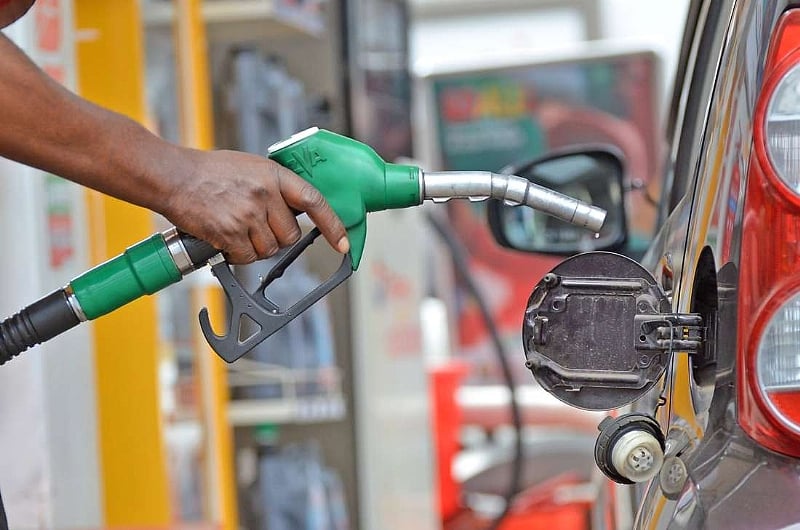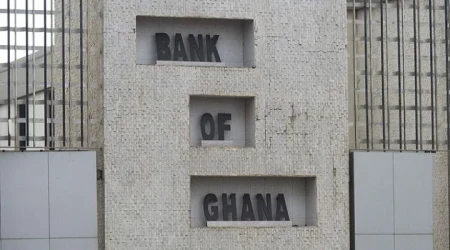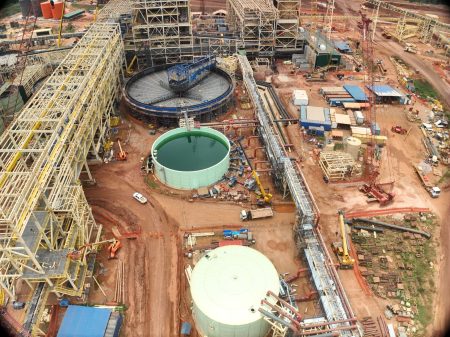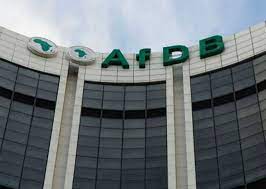Ghana’s fuel pricing conundrum presents a complex interplay of fluctuating global oil prices, currency exchange rates, and potential hidden costs. Despite a significant decrease in global petroleum product prices, Ghana has experienced a dramatic drop in its ranking for the most affordable fuel in Africa, falling 11 places to 31st on the continent and 109th globally. This decline is particularly puzzling considering the substantial appreciation of the Ghanaian cedi against the US dollar, which theoretically should have translated into lower fuel prices at the pump. The disparity between falling global prices, a strengthening currency, and rising fuel costs raises concerns about potential hidden taxes or other factors influencing the final price structure faced by consumers.
The average petrol price in Ghana reached $1.4011 per litre in June 2025, a significant increase from $1.211 the previous month. This upward trend contrasts sharply with other African nations, where the strengthening of local currencies against the US dollar, coupled with the global decline in oil prices, has resulted in more affordable fuel. Libya continues to hold the top spot in Africa and globally, with an exceptionally low petrol price of $0.027 per litre, followed by Angola and Algeria at $0.327 and $0.349 per litre, respectively. Other countries like Egypt, Nigeria, Sudan, Tunisia, Liberia, Ethiopia, and the Democratic Republic of Congo also boast significantly lower fuel prices than Ghana, raising further questions about the factors contributing to Ghana’s relatively high cost.
While oil marketing companies (OMCs) in Ghana initiated a two-week price reduction at the beginning of June 2025, this measure appears insufficient to address the underlying issues driving the high fuel costs. The OMCs attributed the initial price reduction to the appreciation of the cedi, which gained approximately 13.11% against the US dollar towards the end of May 2025. This currency appreciation, according to the Chamber of Oil Marketing Companies, offset the increasing global prices of finished petroleum products. However, the subsequent decline in Ghana’s ranking suggests that the benefits of the cedi’s appreciation have not fully translated into lower fuel prices for consumers.
The situation underscores the need for greater transparency in the petroleum pricing structure in Ghana. The apparent disconnect between the global trends, currency fluctuations, and the actual prices paid by consumers calls for a thorough investigation into the contributing factors. A clearer understanding of the pricing mechanisms, including any taxes, levies, or other costs embedded in the final pump price, is crucial to ensuring fair and competitive fuel pricing in Ghana. Without such transparency, the public is left to speculate about the reasons behind the relatively high cost of fuel, potentially eroding public trust and hindering economic growth.
Addressing this issue requires a multi-pronged approach. Firstly, a comprehensive review of the existing fuel pricing formula is necessary to identify any potential inefficiencies or hidden costs. This review should involve independent experts and stakeholders, including consumer advocacy groups, to ensure objectivity and address public concerns. Secondly, the government should enhance transparency by publicly disclosing all components of the fuel price, including taxes, levies, and profit margins. This will allow consumers to understand how the final price is determined and hold relevant authorities accountable.
Finally, fostering competition within the petroleum marketing sector is crucial to ensuring that consumers benefit from market forces. Encouraging the entry of new players and promoting price transparency will create a more competitive environment, potentially leading to lower prices and better service for consumers. By taking these steps, Ghana can move towards a more transparent and efficient fuel pricing system that reflects global market trends and benefits the entire economy. This will not only alleviate the burden on consumers but also foster a more stable and predictable business environment for OMCs and related industries.













